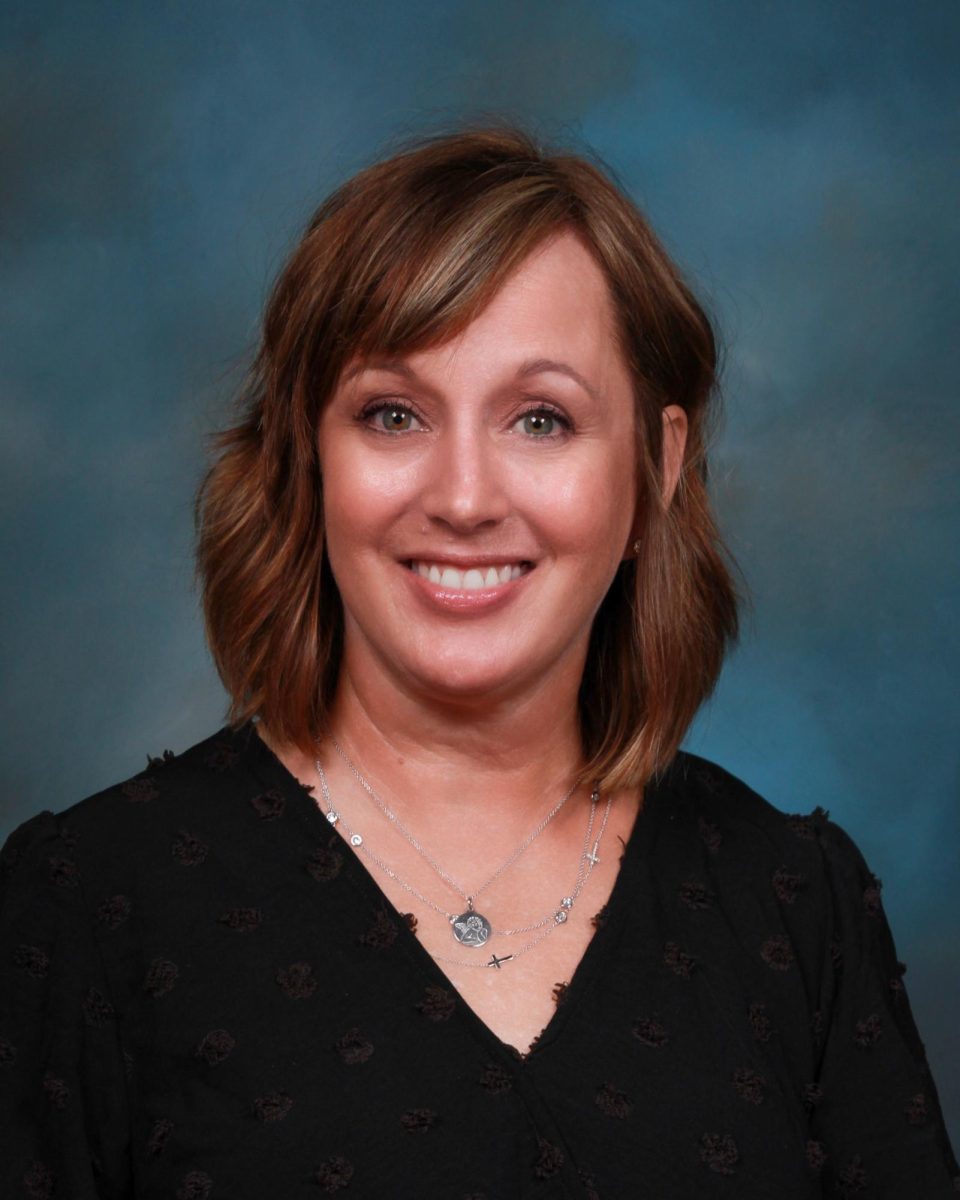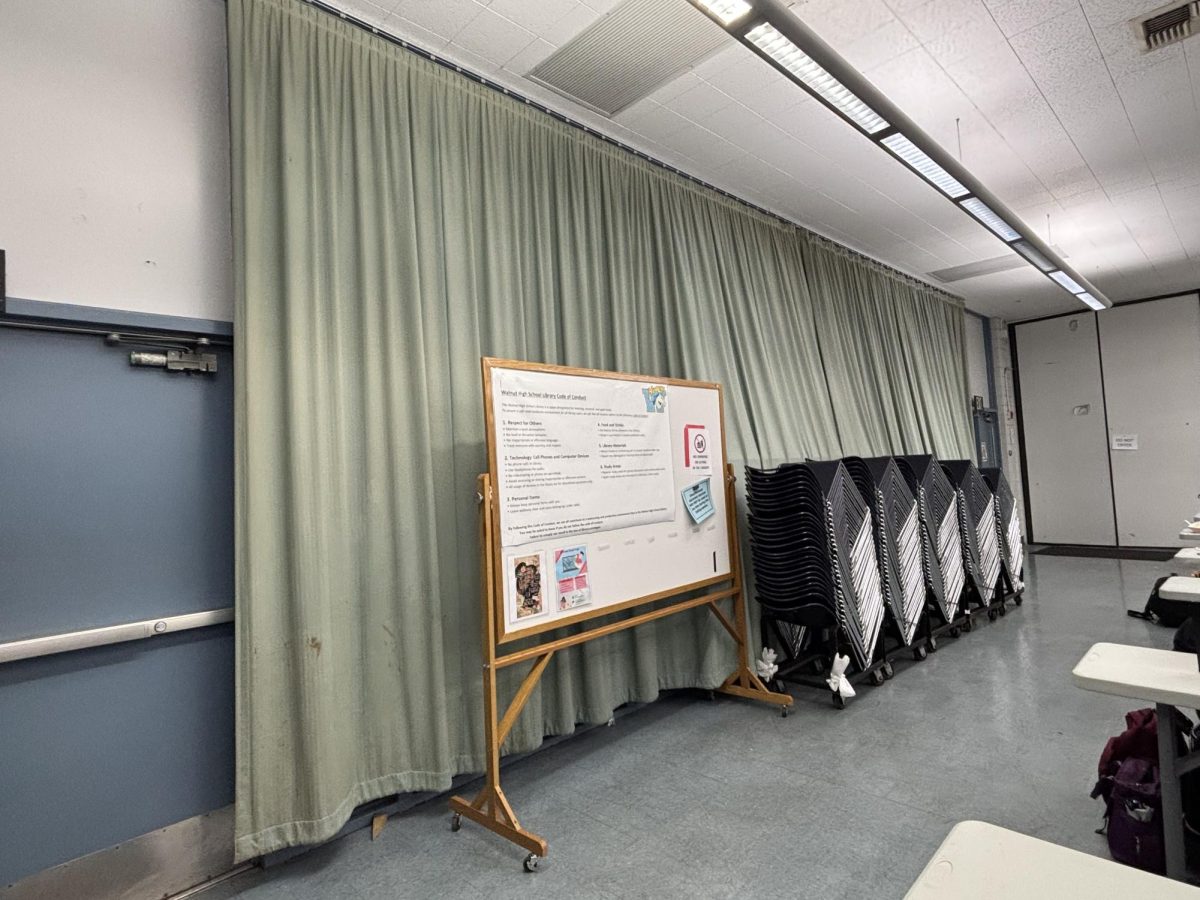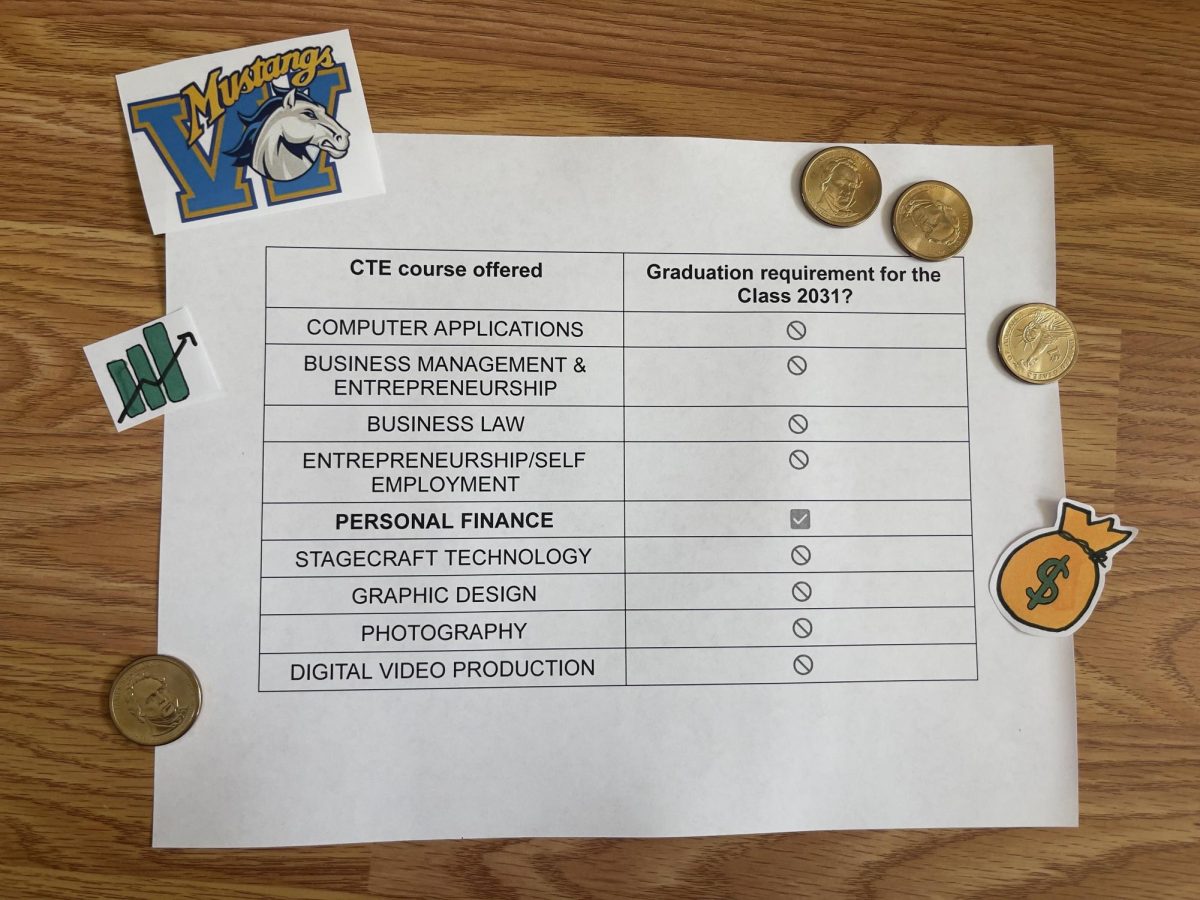On Oct. 13, Governor Gavin Newsom signed Assembly Bill 873, a bill that requires all California schools to educate students of every grade level about social media misinformation.
The bill will be put into action starting Jan. 1, 2024, and instead of forming its own class, media literacy content will be added to the English language arts, mathematics, science and history-social science curriculum.
According to Time Magazine, less than 45% of American kids, ranging from ages from 10 to 18, could accurately spot fake news and almost a third of them admitted that some of the stories they had shared were fake after passing them along to others.
“Social media is like this huge open field and there’s good people on it, there’s bad people, there’s deceptive people and there’s people who are trying to make change in it,” principal Ryan Maine said. “It’s just like an online society. It’s tough to figure out who to trust and who not to trust, especially if you’re a young kid who’s trying to find out more information or learn about new things.”
The school constantly has to implement disciplinary measures because of social media, according to Maine. In the past, issues like online slander and non-consensual photography have sparked conflict between students.
“Especially online, I have observed kids my age getting into arguments about certain things that turn out to be false,” freshman Gianna Graham said. “I think this could be harmful because misinformation can lead to security risks and other dangers.”
However, some students remain skeptical about whether or not the bill will be beneficial.
“You just have to know what you’re talking about and be aware that not everything you see is correct. Every time I’m notified of something, especially on social media, I question if it’s real or not. Most of the time, it ends up with me not doing research about it. Instead, I wait for other people to tell me if it’s actually real,” senior Aaron Tran said. “Fake news doesn’t really affect me; whenever I see something, I just think it’s fake. I know it’s just something schools have to do, but I feel that it’ll have no actual effect on students.”
According to the Pew Research Center, about two-in-three U.S. adults (64%) claim fabricated news stories cause a great deal of confusion about the basic facts of current issues and events. With thousands of different online sources available on the internet, truth becomes hard to distinguish from rumors.
“Social media is not going anywhere, and it’s important that we educate not only kids, but our staff, our parents and adults because this is something they’re going to have to deal with for the rest of their lives,” Maine said.







